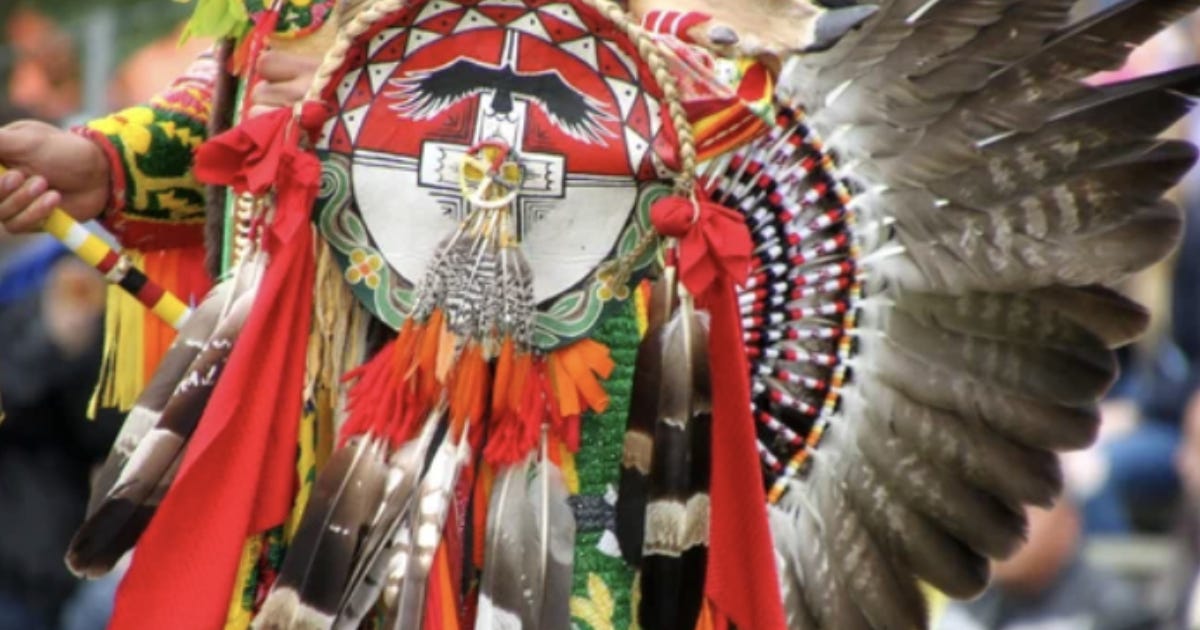EXCLUSIVE: Most Alberta First Nations haven’t filed audits in years
Nearly a decade after the federal government suspended enforcement of Canada's Indigenous transparency law, most Alberta First Nations have ceased publicly publishing financial audits.
Nearly a decade after the federal government suspended enforcement of Canada's Indigenous transparency law, most Alberta First Nations have ceased publicly publishing financial audits.
According to federal records reviewed by True North, 13 of Alberta’s 44 First Nations have not posted an audited financial statement since at least the 2020–21 fiscal year. Some bands, such as Tsuut’ina Nation, haven’t filed a public audit since 2014–15. A few bands have never filed an audit.
Only 11 of Alberta’s 44 bands have posted an audited consolidated financial statement for the 2023–24 fiscal year.
Passed in 2013, the First Nations Financial Transparency Act (FNFTA) requires bands to publish their audited financial statements and the salaries of chiefs and councillors.
However, in 2015, the Trudeau government announced it would no longer enforce the law, stop all court actions and reinstate funding withheld from non-compliant bands. No replacement framework has been introduced since, despite the federal government saying in 2017 that it would work with First Nations to develop a new approach to encourage financial transparency and accountability.
Gage Haubrich, Prairie director of the Canadian Taxpayers Federation, said the federal government no longer enforcing the FNFTA is “very unfortunate.” He explained that in non-Indigenous communities, any citizen can access basic financial data like budgets and salaries on a government website.
“It’s the most basic part of transparency that we expect from governments of all levels, and First Nations communities shouldn’t be left out of that,” he said.
Haubrich added that by not enforcing the act, regular band members are hurt by the lack of transparency. He said it becomes much more difficult for band members to ask important questions about where community money is going, while some communities struggle with addiction and poverty.
“We’re working with a number of activists on things like this one from Frog Lake First Nation, who’s trying to find out where almost $100 million that used to be in his band’s trust fund went,” said Haubrich. “He's being stonewalled, and having access to more basic documents and even further documents would have helped him find that answer instead of him having to come and get involved with us.”
An August poll highlighted that the majority of Canadians, 80 per cent, support public disclosure of First Nations’ spending.
Colin Craig, president of SecondStreet.org, helped lead the push for the FNFTA in 2009 after receiving leaked salary documents from Peguis First Nation in Manitoba, revealing that councillors were earning more than the prime minister.
“Eventually, the government responded by passing the First Nations Financial Transparency Act,” Craig said. “Once salaries began being posted nationwide, there were all kinds of stories about band members in various communities who were shocked to find out how much their politicians were making.”
For example, one chief was revealed to have made over $900,000 in one year, including a bonus he paid himself for negotiating a real estate deal.
Craig said the law was never intended to shame leadership, but to protect community members.
“Lots of chiefs and council members weren't rolling in money while serving their communities. They didn’t seem bothered by the transparency law because they were genuinely trying to help their communities,” he said. “But there certainly were many cases where chiefs and council members were abusing their power to set salaries extremely high and then keep the details hidden.”
Only one Alberta band, Driftpile Cree Nation, responded to True North's request for comment. A spokesperson explained their 2023–24 audit was delayed due to their CFO's resignation but is expected soon.
“Although a full-time CFO has not yet been hired, the annual audit is expected to be completed promptly to ensure it is presented to members within a reasonable period for the Nation’s prior and current fiscal year end,” the statement read.
The Crown-Indigenous Relations and Northern Affairs Canada did not respond to True North’s request for comment.
Craig criticized the fact that Trudeau’s government turned the issue into a political football, taking special issue with former Liberal MP Carolyn Bennett, who called the transparency law “racist.”
“We stood side-by-side with grassroots band members from various reserves across Canada who had very troubling stories about what was going on in their communities and how public funds were spent,” said Craig. “Meanwhile, the Trudeau government stood side-by-side with a handful of chiefs who didn’t want to be accountable.”
In 2016, the federal government signed a memorandum of understanding with the Assembly of First Nations to explore a new fiscal relationship. As part of that process, the Canadian Audit and Accountability Foundation was commissioned to examine the merits of a dedicated First Nations Auditor General.
“A First Nations Auditor General would provide many benefits, both today and in the future,” the report concluded. “Most importantly, First Nations citizens would benefit from the recognized power of audit to improve the delivery of essential public programs and services.”
In 2017, the federal government held engagement sessions to explore alternatives to the FNFTA but has not introduced a replacement policy or legislation.





Then cut off any of their bursary's or whatever you call them, all funds from us taxpayers and fine them like the rest of us would be.
Any group receiving taxpayer money should be accountable and report how it is/has been spent. It should be a sine qua non condition to receiving said money.